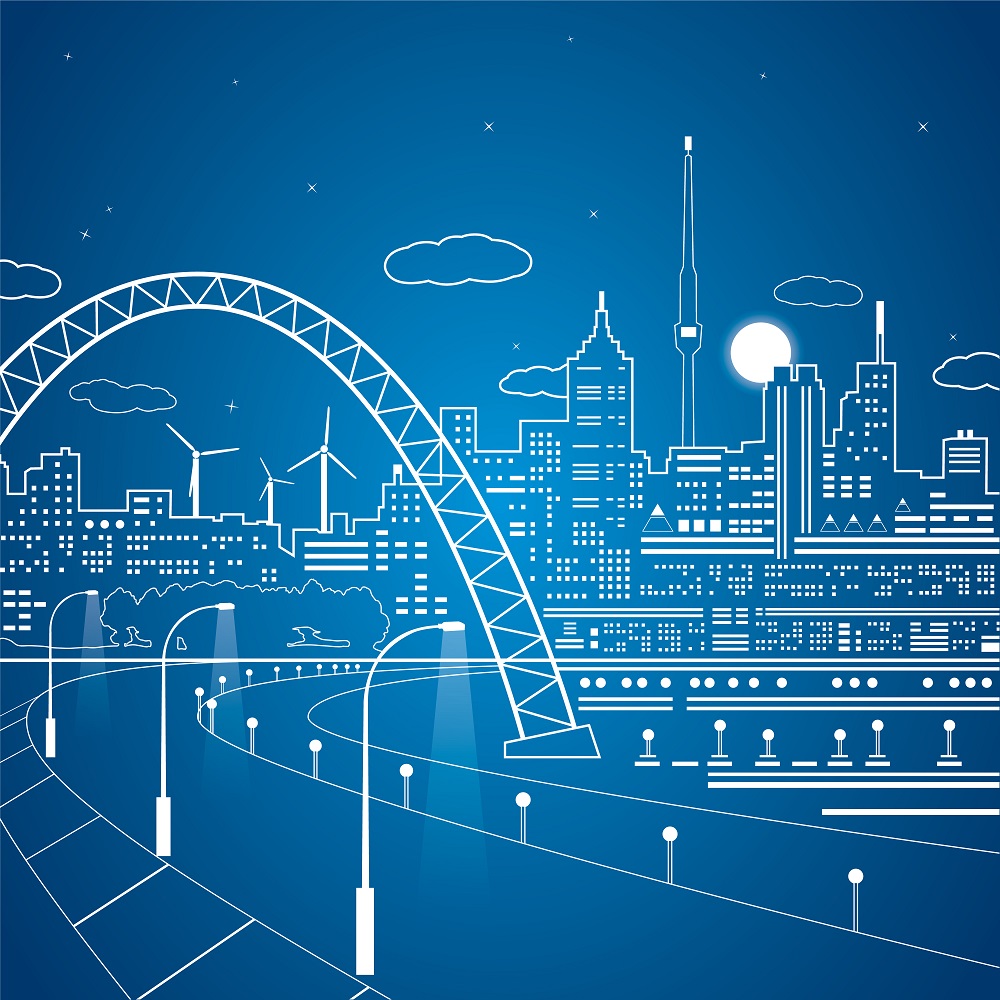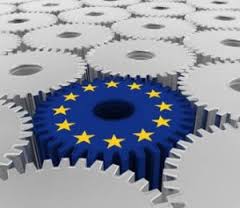
Digitalization of harbor logistic’ chain
The sea cluster works for years to reduce its environmental impact but “to make the breakthrough in terms of efficiency and competitiveness”, keeps telling the minister, it needs to be supported by “some important measures”. First of all, cooperating with Confitarma we’ll be able to “work together by now to de bureaucratize, simplify, streamline and improve laws and procedures limiting the development of our flag”. The efficiency of the branch needs simple procedures allowing to use “modern digital technologies to eliminate inefficiencies of bureaucratic nature heaving on harbor logistic chain”. From here “the proposal of my Ministry of a DPCM to discipline the ways to transmission interchange of data related to formalities of arrivals and departures of ships inside the PMIS (Port Management Information System)’ system” that will make possible to “work on pre-clearing’ operations” to reduce the parking’ times of goods in landing’ terminals.
Big attention by our Ministry to “material connections, intermodality and infrastructures for the last mile” that’s why “we chose to share a policy with RFI bringing us to individuate and organize together the choices to intervene on last railroad mile’s connections”, commented Toninelli.
Alternative fuels and provision
Measures useful to take the way painted by the European Community, fighting to make less polluting by plastic our seas, and by the IMO, setting for the 2050 the target of 50% reduction of CO2, compared with 2008 values, and for the 2020 the limit of sulfur in fuels of 0,5%.
Thanks to cooperation with “different associations of category, both ship owners and the producers, and with the involvement of Environment’ Ministry”, Toninelli announced an “update in a collaborative way” to measure the “times of supplying facing the grown request” of alternative fuels, and specifically of GNL.
The International Register
“In the harbors where they’ll operate is not yet available GNL’s refueling, and we don’t know yet how much will the fuel cost”, underlined the President of Confitarma Mario Mattioli. Considering even that in the next days one more ship will be launched powered with a GNL dual fuel, the first one for Confitarma, until today the International Register, an instrument that promoted Italian nautical’ competitiveness and made it reach “remarkable environmental performances, is integrated in the so named catalogue of benefits environmental damaging”.
It’s not a small problem that needs a “dedicated governance to keep on guaranteeing the fly wheel of development in our country”, if we consider that sea traffic will go increasing with the concrete start of Marebonus and “road transportation will choose more and more the sea”.
Per ricevere quotidianamente i nostri aggiornamenti su energia e transizione ecologica, basta iscriversi alla nostra newsletter gratuita
e riproduzione totale o parziale in qualunque formato degli articoli presenti sul sito.

















